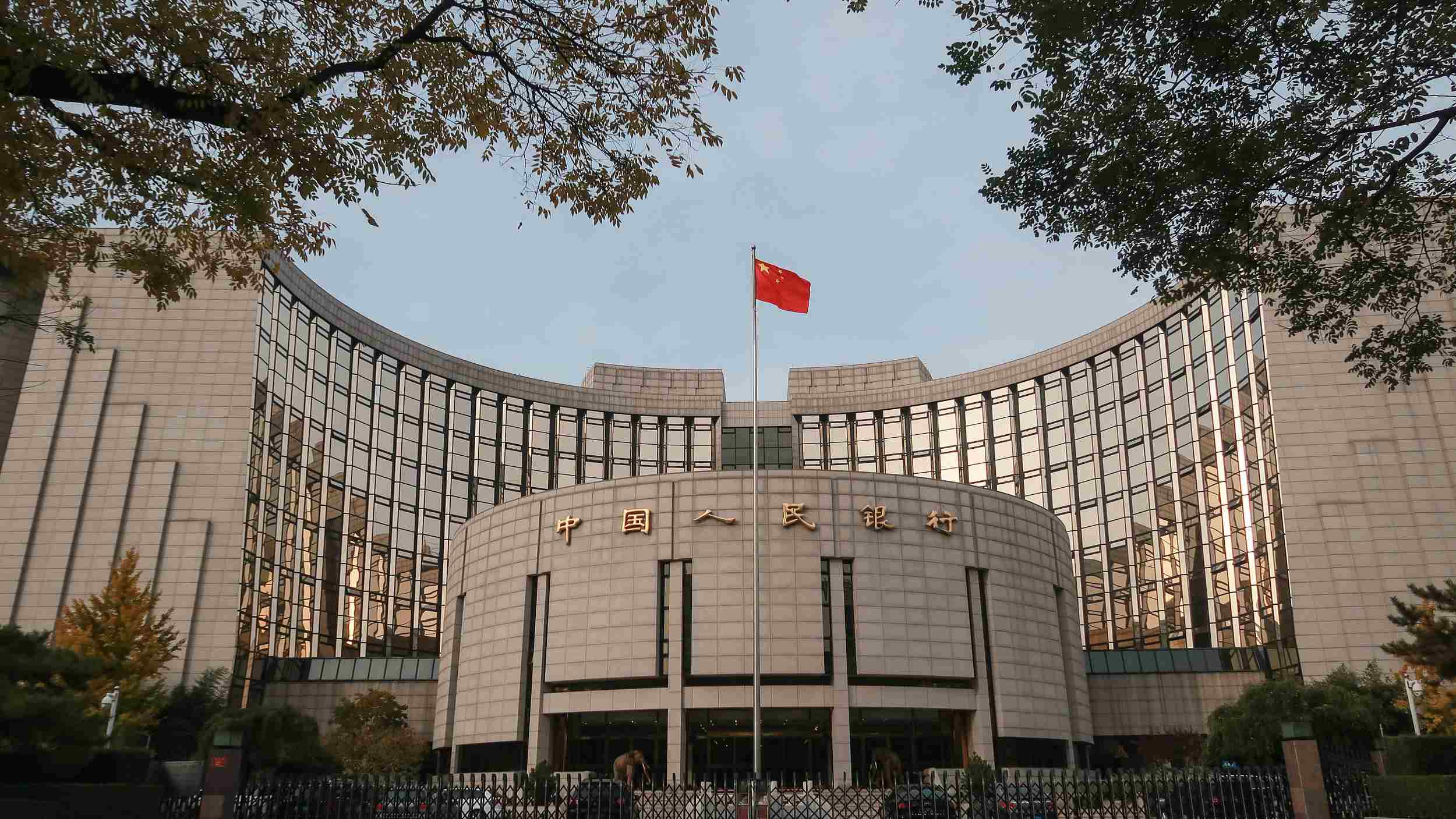China's foreign exchange reserves rose for the second consecutive month in December to $3.07 trillion, generally maintaining stability amid increased fluctuations in global financial markets, according to data issued by the country's foreign exchange regulator on Monday.

File photo of building of People's Bank of China, the country's central bank (Photo: VCG)
The foreign reserves by the end of 2018, however, slightly decreased from $3.14 trillion by the end of 2017, mainly due to a 5 percent depreciation of the renminbi against the US dollar within the last year. But the amount is still the world's largest.
In December, the reserve increased by $11 billion, after a rise of $8.6 billion in November, reported the State Administration of Foreign Exchange.
SAFE attributed the foreign exchange reserve increase to the appreciation of non-dollar currencies and increases in the prices of major countries' bonds held by China.
"China's foreign exchange reserve is expected to remain generally stable in 2019, due to the sound economic growth momentum in the long run. It is able to trade off external shocks and market fluctuations, and maintain cross-border capital flow stability," said Wang Chunying, the SAFE spokeswoman.
Wen Bin, chief researcher at China Minsheng Bank, said that as China's economic growth is forecast to stabilize "within a reasonable range", the market has appreciation expectations on the renminbi, while the greenback may weaken after the US Federal Reserve announced the last rate hike in 2018.
SAFE also disclosed that the country's gold reserves on Monday, which stood at $76.33 billion at the year-end of 2018, were up by $4.21 billion from November. The gold reserves volume increased to 59.56 million fine troy ounces in December, the first rise since October 2016.
More economic indicators will be released later this week, including inflation gauges and financial statistics, such as money supply and credit growth.
Economists forecast stable economic growth in the last quarter of 2018, with a likely GDP growth rate of 6.5 percent, unchanged from that in the third quarter.
Inflation may moderate in the fourth quarter of last year, due to the slight weakness of industrial profits and lower oil prices. But the broad credit growth may rise because of the government's encouragement of borrowing to support the economy, said a research note from Goldman Sachs.
Instead of using foreign exchange reserves to maintain a stable currency, the authorities could manage market expectations of the renminbi's value using various tools, although renminbi depreciation pressure may increase if monetary policy is further eased, it said.
China's central bank, the People's Bank of China, announced a cut in the reserve requirement ratio by 1 percentage point on Friday, freeing up $116 billion capital for lending.


